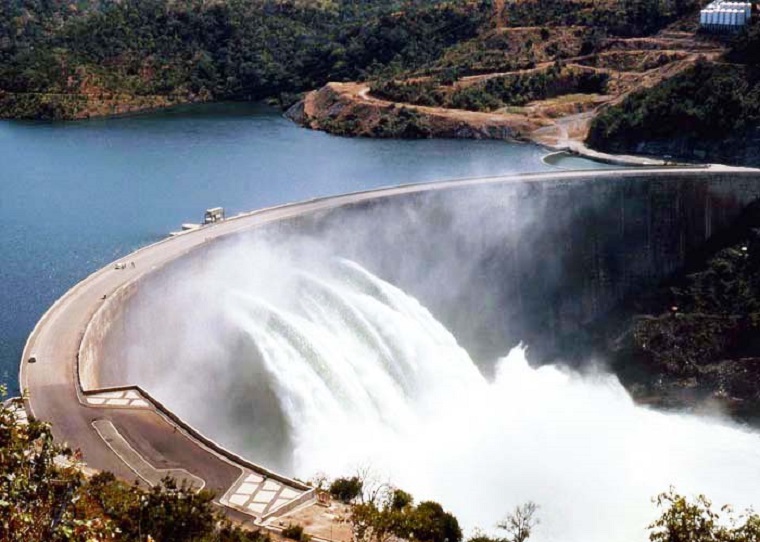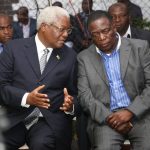Kariba contributes almost half of our power needs, which is why a reduction in its generation capacity immediately registers throughout our economy, and in our lives. The remainder of our power comes from a number of thermal stations, led, of course, by Hwange Power Station. Ordinarily, Hwange Power Station’s six generators, augmented by another two we will commission shortly, should ameliorate this power deficit. Yet this is not so, given that the six generators are nearing the end of their lives, and, thus, require refurbishment or replacement.
The good news is that we have secured US$310 million we need to refurbish the six old generators. Hwange 7 is now on test run; we should commission it before year-end. Hwange 8 is also on course, and will be ready to augment our power supply in the second quarter of next year, 2023.
Several smaller thermal power stations are being worked on to work closer to their installed capacity. These, alongside private power generators, should give us at least another 45 megawatts. Still, we will be far from the 2 200 megawatts we need to maintain existing capacity in the economy. Besides, more energy-intensive projects are coming on stream, meaning the demand for power continues to outstrip supply.
Last week, upon realising this dire situation, I convened an urgent meeting for all Government Departments involved in power generation, whether directly or indirectly through support services. Our focus must now be broader than the Ministry of Energy and Energy Development. Energy is pervasive. The Transport Ministry, particularly its rail arm, has a big role to play; it has to deliver enough coal to all thermal stations, all of which must fire at full capacity.
We have to revisit our whole licensing regime to speed up entry into the sector by new players, and to encourage more independent power producers, especially in the critical area of renewables. The licensing regime must respond to viability concerns of such investors, whose support our economy now so desperately needs.
We have to engage sister countries in our SADC region with excess power to export to us. We urgently need to plug the current deficit through more imports. Enough resources have to be mobilised for that to happen. They will be mobilised. The cost of importing power is relatively less than a slowdown in industry, whose capacity utilisation has been rising steadily. Or stoppages altogether, not to mention delays in new investments caused by power shortages. Such an eventuality makes us unattractive to investments, foremost, foreign direct investments, which are so hard to attract, and can easily choose other country destinations. I am concerned about power-related stresses which industry is currently facing. Solutions will be found urgently.
The new situation which climate change occasions now demands that we climate-proof the whole economy, and not just a few sectors we all along thought were more exposed to this global climate crisis.
Continued next page
(126 VIEWS)


